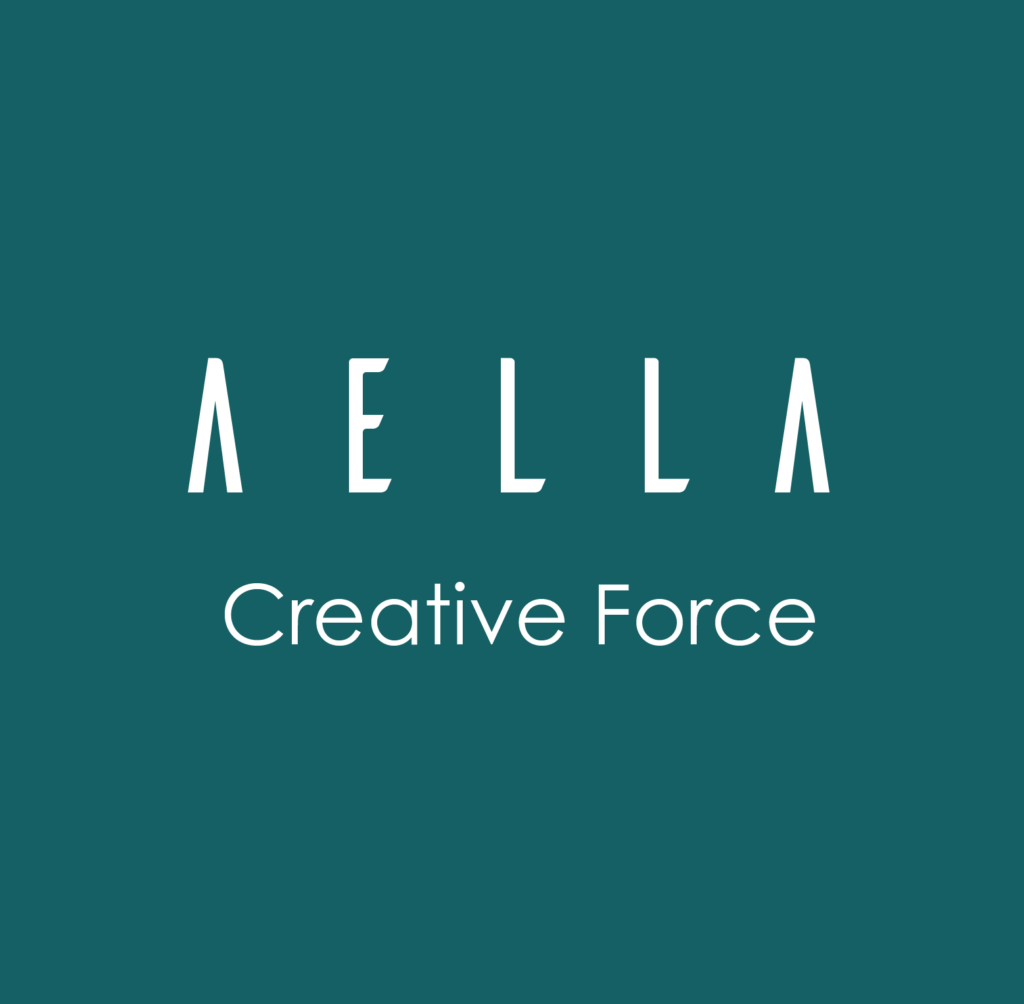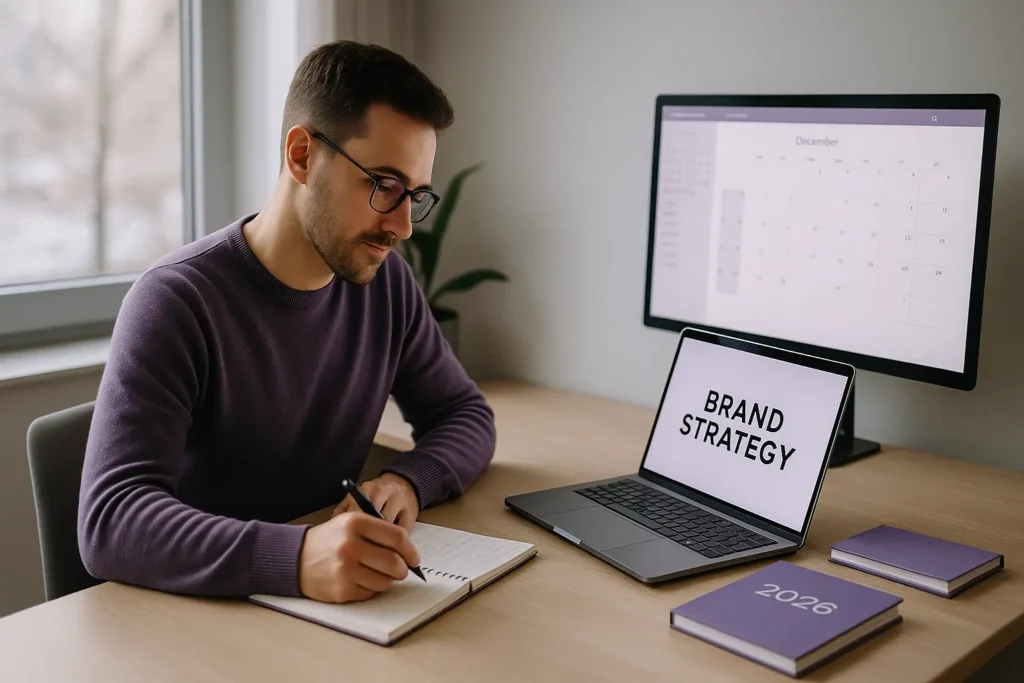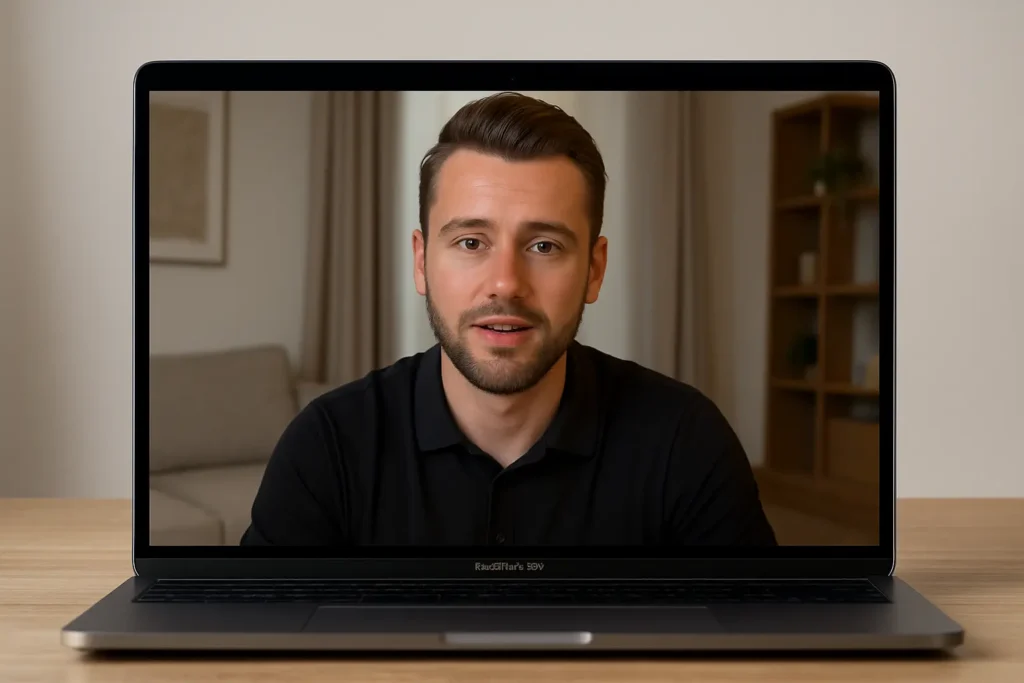Let’s be honest….most business owners don’t think about website security until something goes wrong.
A hacked site, a stolen login, or a suspicious email can disrupt everything you’ve built.
Why security matters more than ever
You don’t need to run a big company to be a target.
Hackers go for small businesses because they assume you’re not protected.
One weak password or an outdated plugin can open the door to your entire customer list, invoices, or even bank details.
Think of security like locking your front door, not because you expect trouble, but because it’s common sense.
The basics you can handle today
Here are a few small steps that make a huge difference:
- Strong passwords: at least 12 characters, no repeats, no birthdays.
- Two-factor authentication (2FA): adds a one-time code each login.
- Update your software: from your website to your plugins, outdated tools are open doors.
- Backups: schedule automatic backups weekly or daily. If anything breaks, you can restore everything in minutes.
- Team access control: don’t give “admin” access to everyone. Limit it to who really needs it.
It’s simple stuff, but most breaches happen because of these small things being ignored.
And remember that if you ever feel unsure or stuck, you can contact us anytime. We’ll always be here to help and support you with whatever you need.

Website owners….this one’s for you
If you’re running your business website (especially on WordPress or Elementor), here’s what to double-check:
- Use an SSL certificate (your URL should start with https://).
- Install a security plugin (like Wordfence or Sucuri).
- Don’t use “admin” as your username.
- Update Elementor, themes, and plugins regularly.
- Remove any unused plugins or themes, they’re common entry points.
If you’re working with a web agency, ask them how they manage security. A good partner won’t just build your site, they’ll make sure it’s safe too. If you still need support, you can contact us anytime.
Think beyond your website
Security isn’t just tech, it’s also about habits and awareness.
Be careful with:
- Public Wi-Fi (use a hotspot instead when sending client data).
- Fake invoices or phishing emails (“Your domain is expiring” scams).
- Sharing sensitive info in chats or shared docs.
Good security is really about paying attention, not fear.
Final Thoughts
Security is just digital hygiene.
You don’t have to be paranoid, you just need to be prepared.
Start with passwords, updates, and backups.
Then slowly build habits that protect your time, money, and peace of mind.
And if you ever feel unsure, ask for help before you need to fix something after.
For more insights, check Wordfence’s Security Blog
💡 Pro Tip
At Aella Creative Force, we help business owners not only design beautiful websites but keep them secure, fast, and stress-free.
If you’d like support keeping your site safe, contact us anytime, we’re always happy to help.











2 Responses
I very delighted to find this internet site on bing, just what I was searching for as well saved to fav
This helped me rethink my strategy. Thanks for the inspiration!